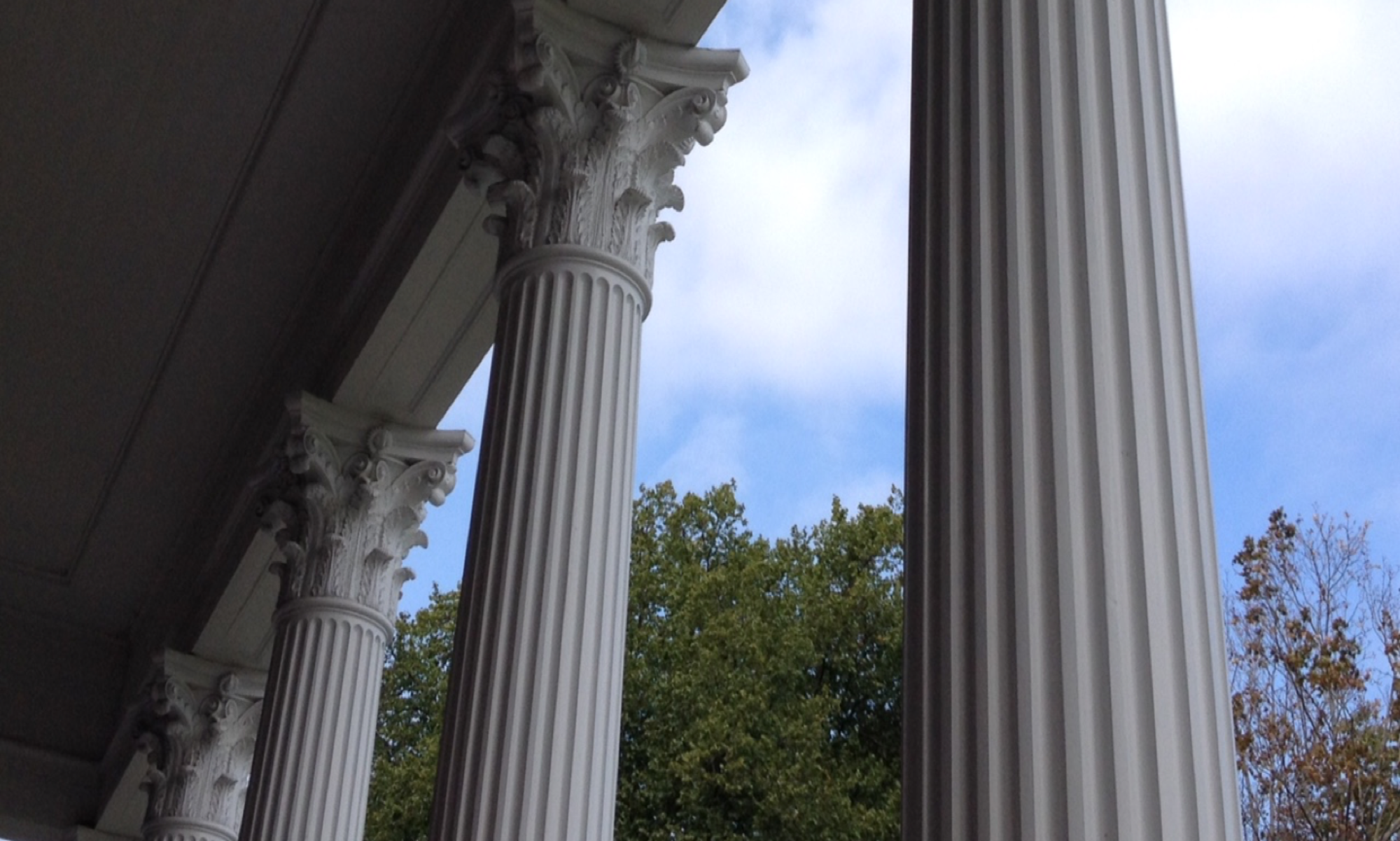Alex Simrell ’16 lives in the San Francisco Bay Area and works as a software engineer for Grokker. While a student at Holy Cross, Alex spent a semester abroad in Athens, and served in his senior year as the president of the Manuscripts, Inscriptions, and Documents Club.
Classics majors are often asked, “Why are you studying a dead language?”, “What will you do with that?”, or something along those lines. For me the answer was simple: I wanted to be a Classics teacher.
I delayed entering the teaching profession and accepted a Fulbright research grant to work on the CroALa project, a digital collection of Croatian Neo-Latin texts. In Croatia I became fascinated with the technical side of my research, and afterwards completed an intensive three-month “programming bootcamp.”
Now three years into my career as a Software Engineer, I have a new appreciation for my Classics background. Computer languages are more similar to Greek and Latin than you might think. When learning to code, the focus is primarily on reading and writing. First you need to learn the vocabulary and rules of the language. Then you use that knowledge to construct sentences or lines of code to state an idea. Finally you put those ideas together to express something more complicated. You need to balance understanding the big picture with paying attention to the smallest details (computers are not very forgiving)!
The skills I developed as a member of the Manuscripts, Inscriptions, and Documents club have been especially applicable. Although I did learn technical skills that are very useful, the non-technical skills have been even more helpful so far. Many people imagine programmers writing code alone in a dark room, but in reality code is written by teams. Strong communication is crucial. Presenting my MID research to Classics people without a technical background and technical people without a Classics background prepared me well for communicating with other software engineers as well as non-technical business people.
I believe that the point of a Classics education is not to learn specific content knowledge, but to build a foundation for future learning. My Classics background provided me with a strong foundation for Software Engineering, and I’m so grateful for the opportunities it has given me.


